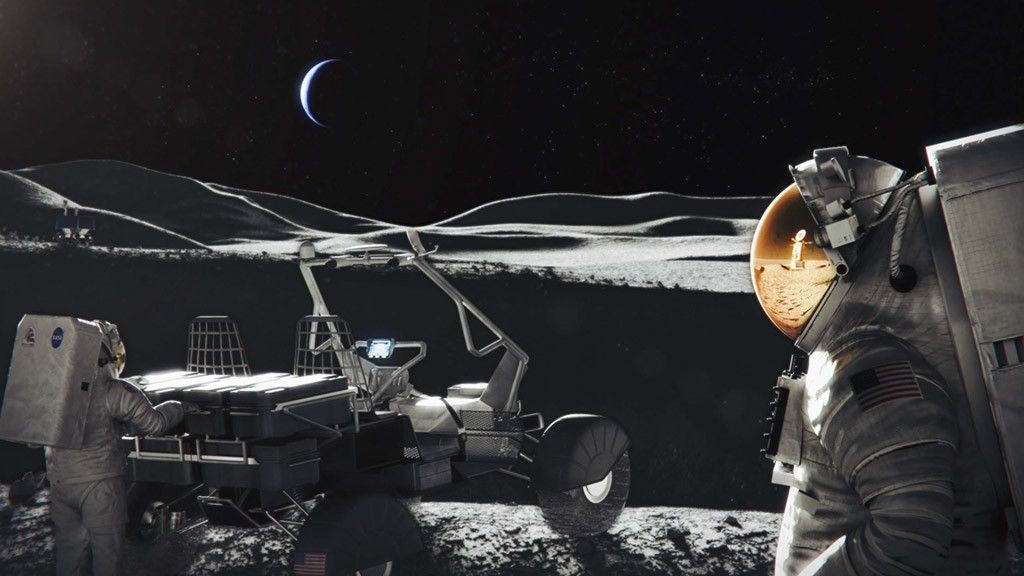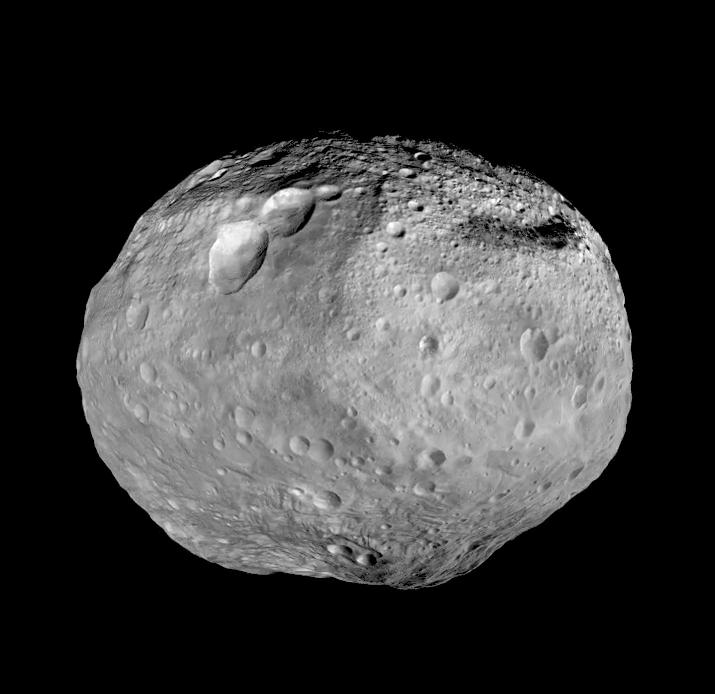NASA Earth Science Frequently Asked Questions (FAQ)
At NASA, we receive many questions. Below we attempt to answer some of the more common ones related to NASA Earth science, NASA's Earth Science Division, and our website.
May I reuse imagery that is on your site?
Most materials published under science.nasa.gov/earth, including images, are freely available for re-publication or re-use, including commercial purposes, except for where copyright is indicated. In those cases, you must obtain the copyright holder’s permission; we usually provide the name (and link, when possible) to the person or organization that holds the copyright.
We ask that NASA be given credit for its original materials.
For more information about using NASA logos and other imagery, please visit the Media Usage Guidelines page.
How do I cite your website?
It depends on the style you’re using. Some style guides include MLA, Chicago, APA, etc. Many of our articles include author names and publication dates on them but there are also many other pages that do not because they are authored by our organization as a whole and are constantly being updated. In those cases you will want to refer to our organization as the author ("NASA Science") and our website as "NASA Science."
Below are a few examples:
MLA Style
Article: DeMarco, Emily. “OpenET Study Helps Water Managers and Farmers Put NASA Data to Work.” NASA Science, NASA, 1 Feb. 2024, science.nasa.gov/science-research/earth-science/water-energy-cycle/openet-moisture-measurement-tool-is-proving-highly-accurate/. Accessed 5 Feb. 2024.
Topic: NASA Science. “Air Quality.” Science.nasa.gov, NASA Science, science.nasa.gov/earth/explore/air-quality/. Accessed 5 Feb. 2024.
Chicago Style
Article: DeMarco, Emily. 2024. “OpenET Study Helps Water Managers and Farmers Put NASA Data to Work.” NASA Science. NASA. February 1, 2024. https://science.nasa.gov/science-research/earth-science/water-energy-cycle/openet-moisture-measurement-tool-is-proving-highly-accurate/.
Topic: NASA Science. n.d. “Air Quality.” Science.nasa.gov. NASA Science. Accessed February 5, 2024. https://science.nasa.gov/earth/explore/air-quality/.
APA Style
Article: DeMarco, E. (2024, February 1). OpenET Study Helps Water Managers and Farmers Put NASA Data to Work. NASA Science; NASA. https://science.nasa.gov/science-research/earth-science/water-energy-cycle/openet-moisture-measurement-tool-is-proving-highly-accurate/
Topic: NASA Science. (n.d.). Air Quality. Science.nasa.gov; NASA Science. Retrieved February 5, 2024, from https://science.nasa.gov/earth/explore/air-quality/
In general, include as much information as possible in your citations. For example, if one of our pieces is dated to “November 2024” (i.e., without a day), then you would need to write it as “Feb. 2024” in MLA format, “November 2024” in Chicago style and so on.
There are also websites and apps that can assist you with formatting your citations




























